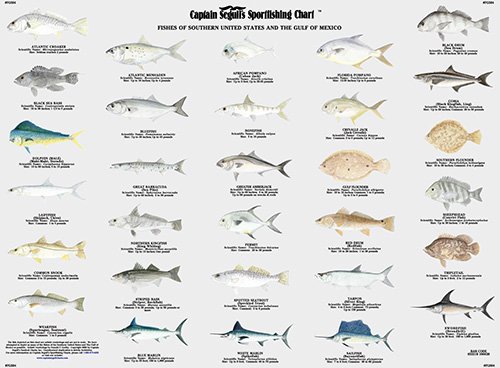

It governs evaporation, which in turn shapes air currents and rainfall. Scientists pay close attention to sea surface temperatures because that’s where the water meets the sky. It might seem like a small bit of warming, but it may have global consequences. National Centers for Environmental Information/NOAA The Caribbean Sea just had its hottest June on record. These are the hottest temperatures in at least a century. Fueled by rising average temperatures, colliding weather cycles, and a strong El Niño, Caribbean waters have reached 90 degrees Fahrenheit, more than two degrees Fahrenheit above the average for this time of year. Ocean Prediction Center/NOAAĬonnected bodies of water, like the Gulf of Mexico and the Caribbean Sea, are also experiencing extreme heat. The Caribbean Sea is facing a record heat wave. The world’s oceans have been unusually warm this year, and the Atlantic Ocean in particular has reached record high temperatures for this time of summer. Like heat waves on land, marine heat waves are usually defined as temperatures above the 90th percentile of the historical range in a given region.

It’s yet another blow to a delicate ecosystem already reeling from invasive species and disease. “We know that extreme heat can be destructive and deadly for marine systems,” said Lauren Gaches, director of public affairs for NOAA Fisheries, in an email. The 72,000 residents of Dominica, a tiny volcanic island between Guadeloupe and Martinique, pride themselves on their relatively pristine coastline and bill their country as the Caribbean’s nature island.īut this year, the ongoing record-breaking heat wave on the surface of the Caribbean Sea is threatening the coral, the fish that live among them, and the economy that they sustain. SOUFRIÈRE, Dominica - The clear waters here tend to be pleasantly warm year-round, a key part of the appeal for snorkelers and divers eager to see the elkhorn, brain, and flower corals just a few feet off the rocky beach.


 0 kommentar(er)
0 kommentar(er)
